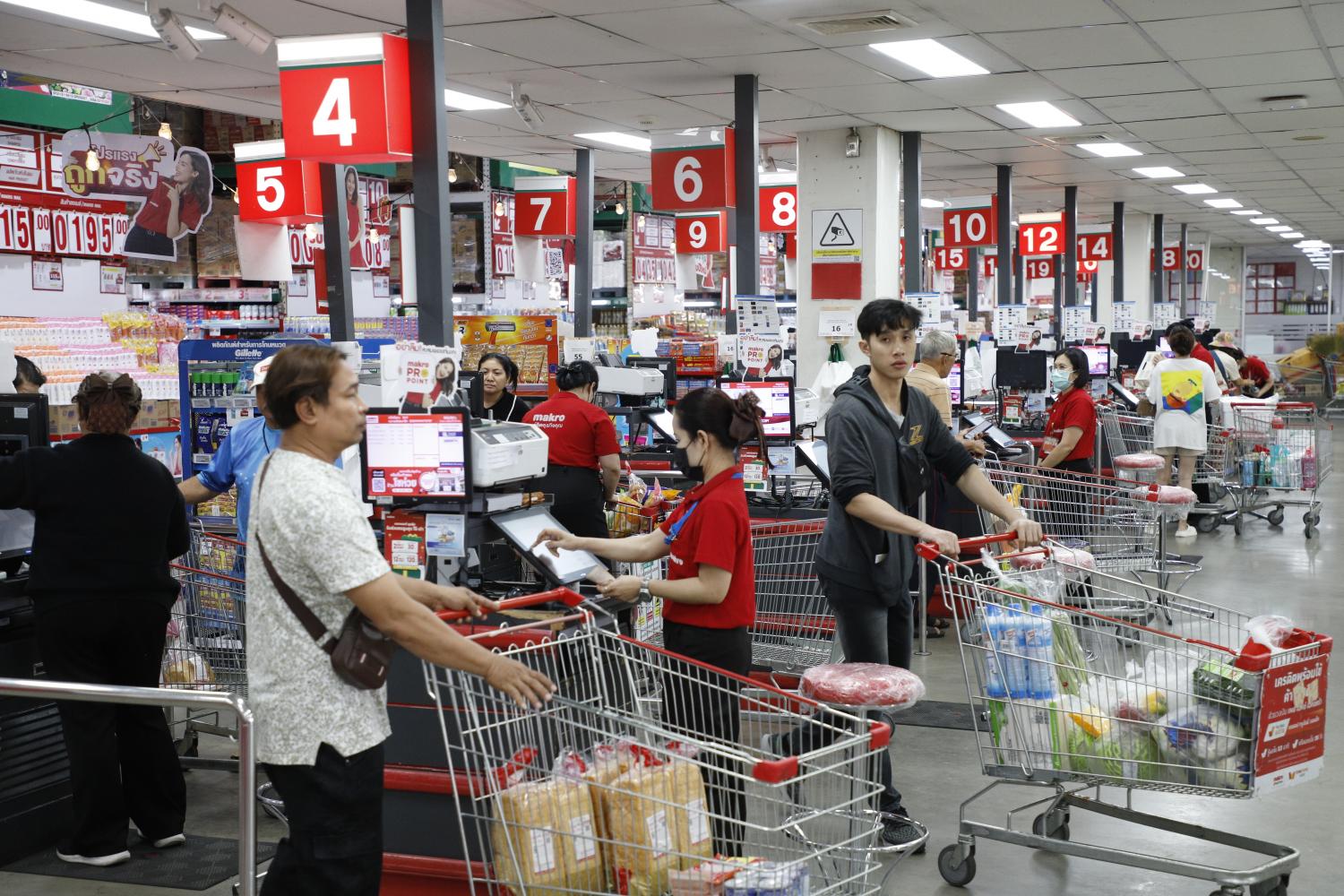Transforming Thailand into a Global Food Hub
Thailand is taking bold steps to position itself as a global food hub through an ambitious soft power initiative aimed at leveraging its rich culinary heritage. This initiative, part of the “One Family One Soft Power” (OFOS) policy, seeks to enhance the global profile of Thai cuisine while creating over 75,000 jobs and contributing 3.5 billion baht to the economy by 2027.
Prime Minister’s Commitment to Culinary Excellence
Prime Minister Paetongtarn Shinawatra officially launched the program, emphasizing the government’s dedication to utilizing soft power in the food sector. The initiative is spearheaded by the Ministry of Industry through the Department of Industrial Promotion (DIPROM) and focuses on four key activities designed to elevate Thai food culture.
Key Activities of the Initiative
Upgrading Culinary Skills with “One Village, One Thai Chef”
One of the primary components of this initiative is the “One Village, One Thai Chef” program, which aims to enhance culinary skills and certify chefs to meet international standards. This effort will empower local chefs and promote authentic Thai cuisine globally.
Developing Community Chef Restaurants
The initiative also includes plans to develop community chef restaurants that will empower local communities to strengthen their culinary potential. By supporting local chefs and restaurants, Thailand aims to showcase its diverse food offerings.
Promoting Innovation in Food Production
Upgrading Community Food Innovation Centres
Another critical focus is upgrading community food innovation centers. These centers will promote the use of regional agricultural resources and advanced technology to create high-value food products, enhancing Thailand’s competitiveness in the global market.
Fostering Creativity in the Food and Beverage Industry
Additionally, the initiative seeks to promote innovation within the food and beverage industry. By encouraging creativity and new ideas, Thailand aims to boost its global competitiveness in culinary arts.
Economic Impact and Future Goals
Generating Jobs and Economic Growth
Minister of Industry Akanat Promphan highlighted that this soft power initiative could generate significant economic value across various sectors, including food, film, fashion, and tourism. By positioning Thai cuisine as a cultural asset, the government aims to create sustainable job opportunities for its citizens.
- Operational Plan for 2024-2027: The operational plan includes collaboration between government entities, private sectors, and civil society to build a robust ecosystem for Thailand’s food industry.
Strengthening Thailand’s Global Culinary Reputation
Through this ambitious soft power initiative, Thailand is not only aiming to enhance its global reputation as a culinary powerhouse but also ensuring that opportunities are available for all levels of society. By combining tradition with innovation, the government is committed to transforming its vibrant food culture into a cornerstone of international influence while fostering economic growth and job creation.









